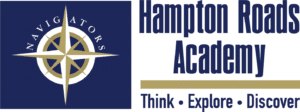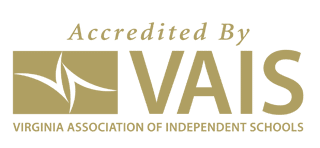Ben Rous,
Assistant Head of School
Director of Upper School
(Former Director of College Counseling)
Director of Upper School
(Former Director of College Counseling)

Does it matter?
A number of years ago, a group of psychologists conducted an experiment that involved these two, differing approaches. The experimenters showed children a very complicated gadget that could make different noises, had various lights and mirrors, and had a complicated array of switches to activate all of these. The question they sought to answer was: would the child discover all the things the toy could do? That answer depended a lot on how the toy was presented to the child.
When the child was simply handed the toy, she discovered all of the things it could do. When, however, the child was shown by the adult how a couple of the features worked, she was less likely to explore beyond what she was shown.
The experiment’s results, replicated again over time, offer a fairly robust conclusion: too much direction can inhibit learning and exploration. What are the implications of these experiments for parents? For teachers? For the college search and application process?
Aren’t we, as parents, doing our children a service when we show them how to do something? When we keep them from hurting themselves? When we arrange playdates for them with other children? As they get older, isn’t part of our job to help them? Shouldn’t we help them study the “right” way? Practice their musical instrument the “right” way?
Shouldn’t teachers teach their students how to most efficiently get the right answer on an assessment?
Shouldn’t college counselors show students the most direct path forward in the application process?
Maybe the answers to these questions depend on what the goals are. If we want the student to get the right answer, then perhaps direction is good. If, however, we want the student to learn how to ask the right questions then maybe freedom, not direction, is the goal. If we want them to achieve, then perhaps direction is better; if we want them to learn how to learn, then perhaps freedom is the tool to employ.
We like to throw out witty aphorisms like “it’s the journey not the destination” and “the work is its own reward” but are we willing to walk that talk?
Freedom is risky! What if the child fails the test because her mother let her study inefficiently and on her own? What if students don’t do as well on their standardized tests as they could because the teacher let them be in charge of their own learning experience? What if the student doesn’t get in to the college he most wanted because he wasn’t told what classes to take?
Are we encouraging achievement, or growth? Are they mutually exclusive?
I’d love to hear your thoughts!
HRA: Supporting Every Student
At Hampton Roads Academy (HRA) in Newport News, VA, the school embraces the uniqueness of every student and is dedicated to fostering a nurturing environment that caters to individual needs. With a focus on personalized attention, HRA ensures students receive the academic guidance, emotional support, and extracurricular opportunities needed to thrive. This approach is rooted in a culture of respect and care, which shapes every interaction and initiative.
HRA is also committed to making its high-quality education accessible to all families. Through tailored tuition assistance programs, the school strives to remove financial barriers, ensuring students can access the education they deserve. HRA takes pride in offering a wide range of resources and support to meet the needs of its diverse community with compassion and dedication.
HRA’s Commitment to Excellence
At HRA, education goes beyond the classroom. We are committed to nurturing the whole student through a rigorous and comprehensive academic program. HRA’s curriculum emphasizes honor, integrity, and personal growth, ensuring that each student’s unique strengths are recognized within a supportive community.
With small class sizes and personalized attention, our dedicated faculty provides tailored support to help every student succeed. HRA fosters a healthy, encouraging environment where students thrive physically, emotionally, and academically. This holistic approach empowers students to explore a range of academic and extracurricular activities—from the playing fields to the stage.
Why Choose Hampton Roads Academy?
As the Peninsula’s only independent school serving Pre-Kindergarten through Grade 12, Hampton Roads Academy offers a distinctive educational experience. Accredited by the Virginia Association of Independent Schools and a member of the National Association of Independent Schools, HRA upholds the highest standards of academic excellence.
Beyond the classroom, HRA provides a wide range of opportunities to enrich students’ development. Our athletic programs promote teamwork, physical fitness, and sportsmanship, while the robust Arts program allows students to explore their creativity in both visual and performing arts. Additionally, the REACH (Real-world Experience and Academic Choices) Initiative connects academic learning to real-world applications, fostering personal growth, community service, and a commitment to values that unite us all.
Schedule Your Tour in Newport News, VA, Today!
At Hampton Roads Academy, students receive an exceptional education focused on character development and future success. HRA cultivates critical thinking, effective communication, teamwork, and a spirit of discovery, shaping innovative and empathetic leaders for an evolving world. Serving families in Newport News, Poquoson, Hampton, and Williamsburg, VA, we invite you to schedule a campus tour to discover how our nurturing environment can help your child grow and reach their full potential.


